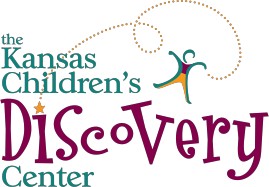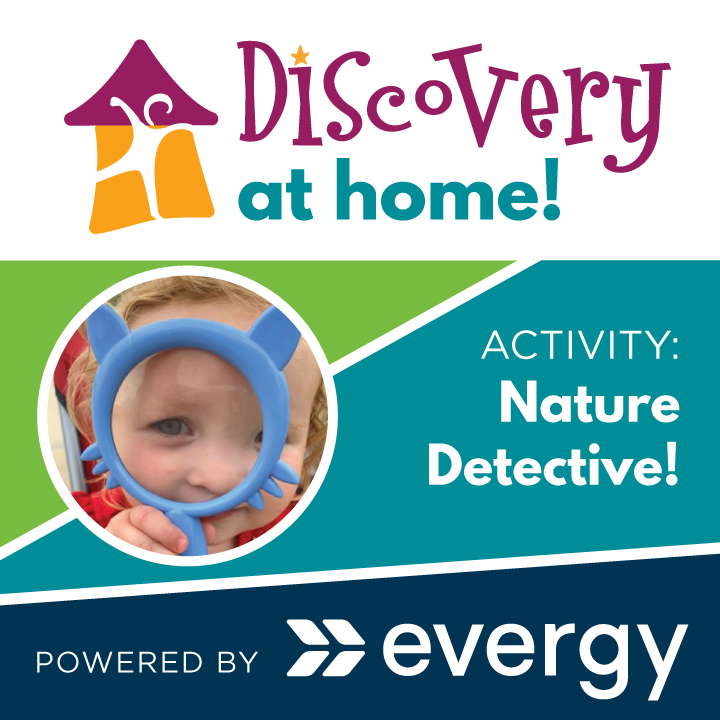Supplies:
- Nature Journal
- Appropriate outdoor clothing
Directions:
- With a journal in hand, go out and seek adventure!
- Record your findings. Nancy learned that snails eat acorns.
- If you find something interesting, find out more! A detective never stops investigating! When she got home, Nancy looked up more about snails on the internet. She learned they like to eat almost anything! Especially plants, fruit, fungus and algae.
- Caregivers: use open-ended questions. By simply asking questions that get your child to think creatively, you will be encouraging them to wonder, predict, experiment, and evaluate.
Ways to expand it:
- Make predictions of what you would like to find on your next adventure. What do you hope to see? Where will you look? Make a plan. Will it be a nest? (Nancy found one of those too, in a very unexpected place) A garden snail? a pond snail? or an earthworm climbing a tree? Document your finds. Always record the weather, date, and location. Time of day is also helpful! Even if you don’t find your elusive creature, record what you do find.
- If you like this activity, you might want to try our letter hunt, mini beast spotting or puddle hunt activities!
How do kids benefit?
- Acceptable risk helps children overcome challenges and instills confidence. It supports future life skills. It prepares children for school, forming new relationships and encourages personal growth. A rock in the middle of a creek doesn’t move closer to you to make it easier for you to step across. You have to solve the problem yourself. Nature asserts itself and kids naturally take more risks. Failures lead to success. In the future, kids will be more likely to weigh the risks or take a smaller step. Kids learn resilience. They learn that getting wet is worth the risk!
- Nature teaches us connectedness. Kids learn that living things depend on each other. How better to learn than to become hands-on with nature? Plants give animals food and shelter. They make oxygen for us to breathe. Plants depend on animals for nutrients, pollination, and seed dispersal. Each benefits from the other, which is called a symbiotic relationship.
- Unstructured play allows negotiation and compromise. It spotlights leadership skills and develops social-emotional growth. It celebrates creativity.
- Careful observation encourages listening, and taps into children's natural curiosity.

